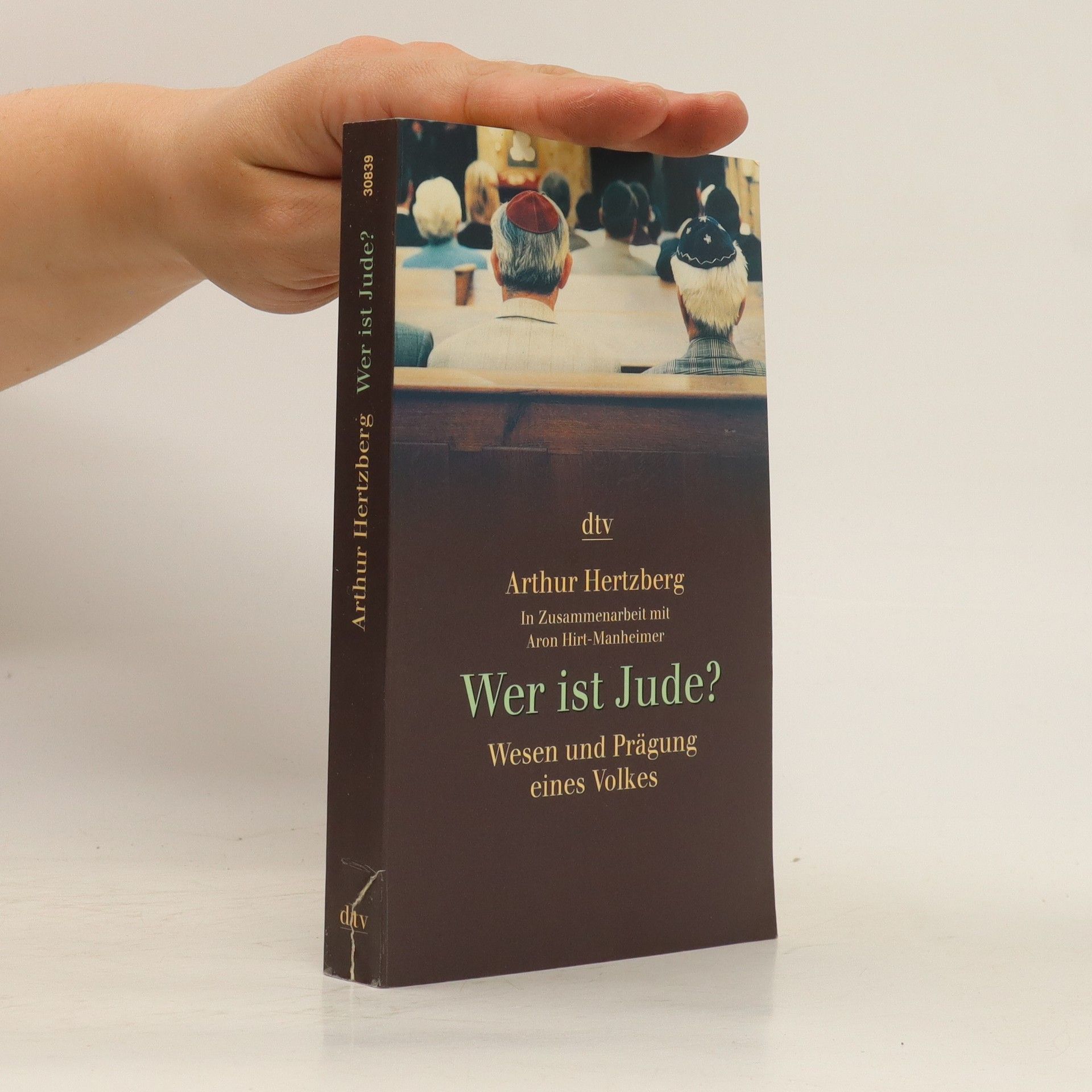The first edition of this book, published in 1961, offered a classic overview of the Jewish religion, featuring a carefully curated anthology of significant writings alongside insightful commentary by Arthur Hertzberg. In 1991, he released a revised edition that tackled contemporary issues like women's rights, medical ethics, the Holocaust, Arab-Jewish relations, and homosexuality. These discussions were woven into the foundational concepts of Judaism, including the chosen people, the Law, God, the Holy Land, prayer, and the nature of sin and atonement. Hertzberg's interpretations reflect the enduring integrity of the Jewish spirit throughout history. The revisions also account for the diverse forms of Judaism that have emerged over the past two centuries, encompassing Orthodox, Conservative, and Reform perspectives. This integrated edition serves as a readable, contemporary, and authoritative overview of Jewish religion. Rabbi Hertzberg noted that "the demands of justice and the fear of sin" have been passionately debated in recent decades, and this book encapsulates his lifetime of study and reflection as one of the foremost authorities on Judaism.
Arthur Hertzberg Book order (chronological)
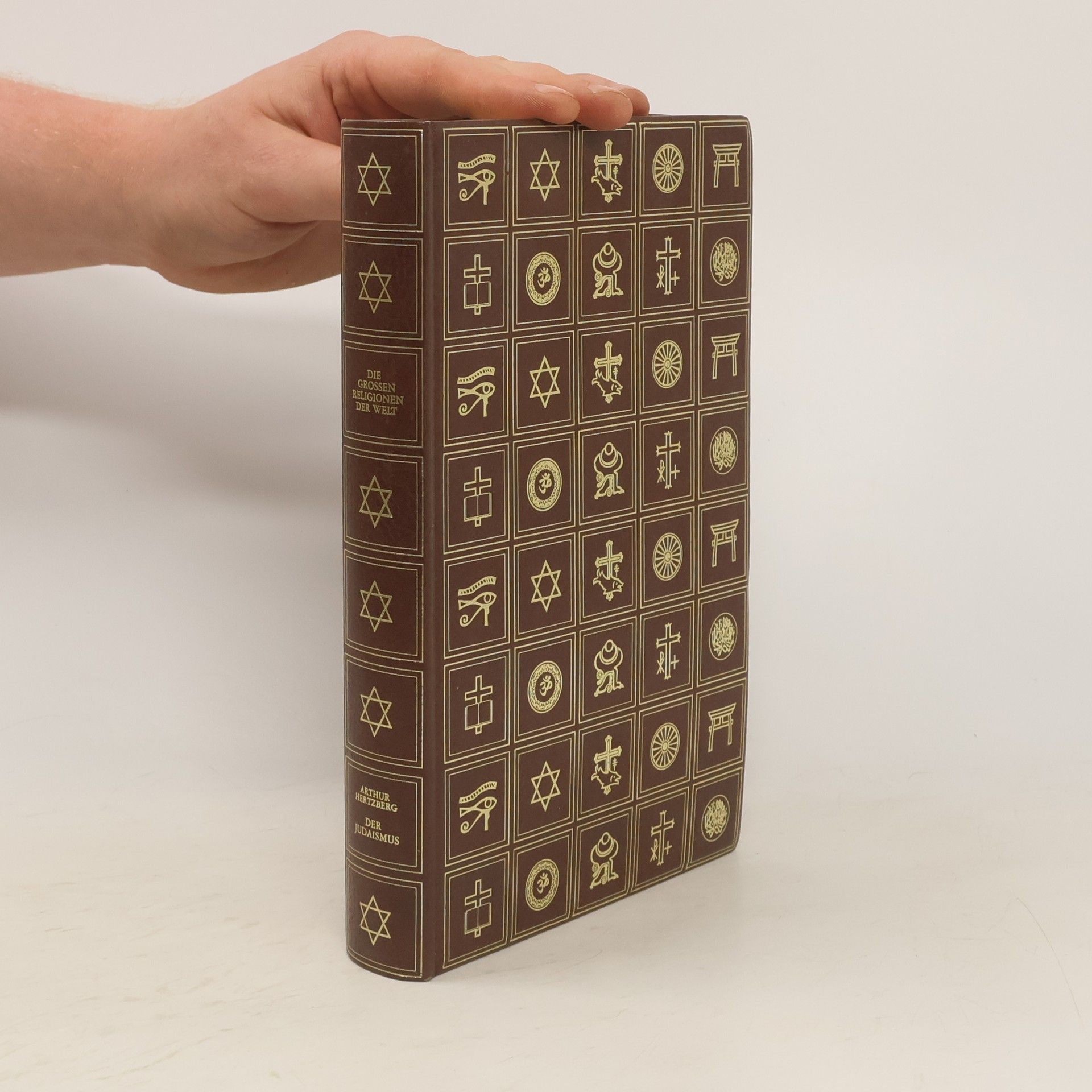
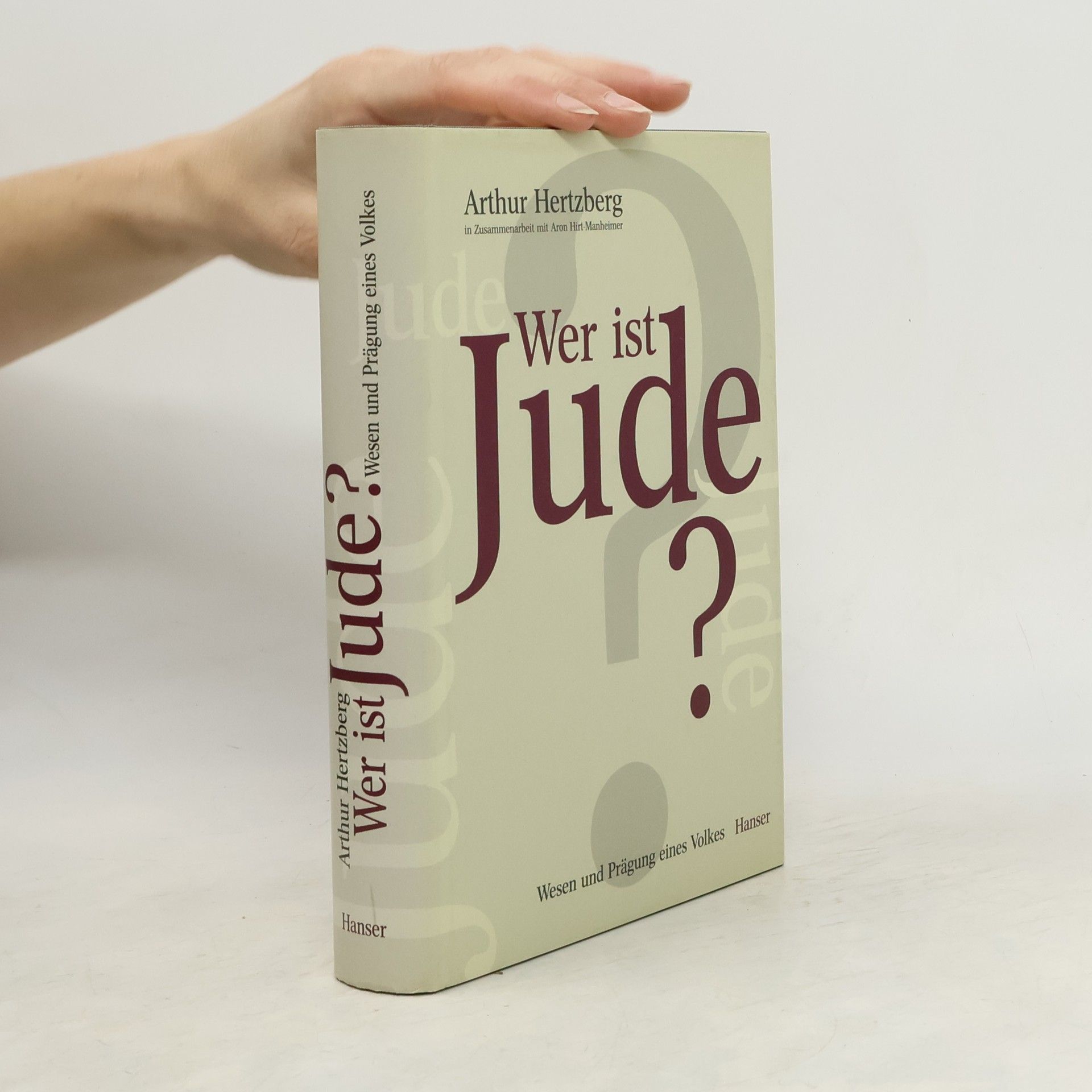
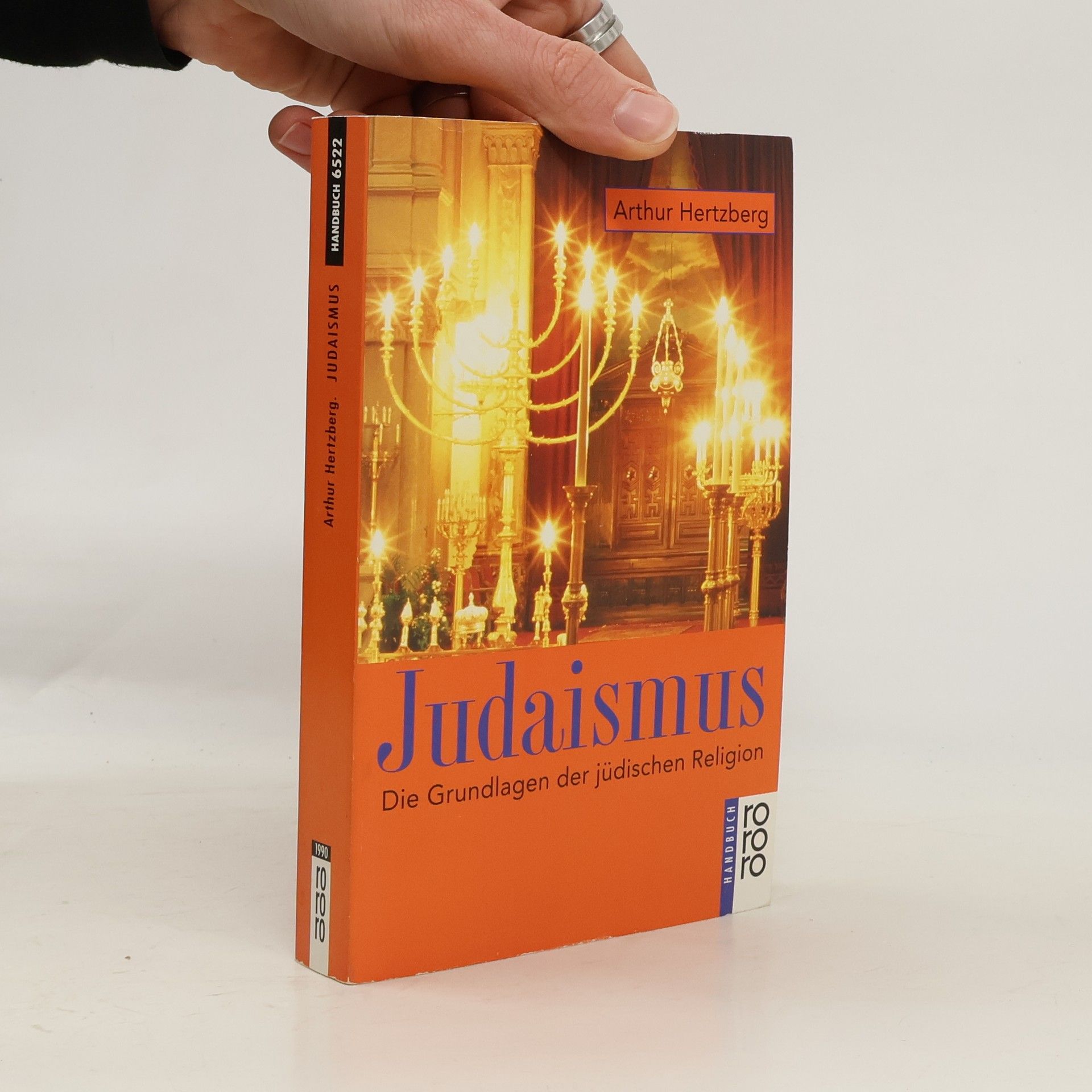
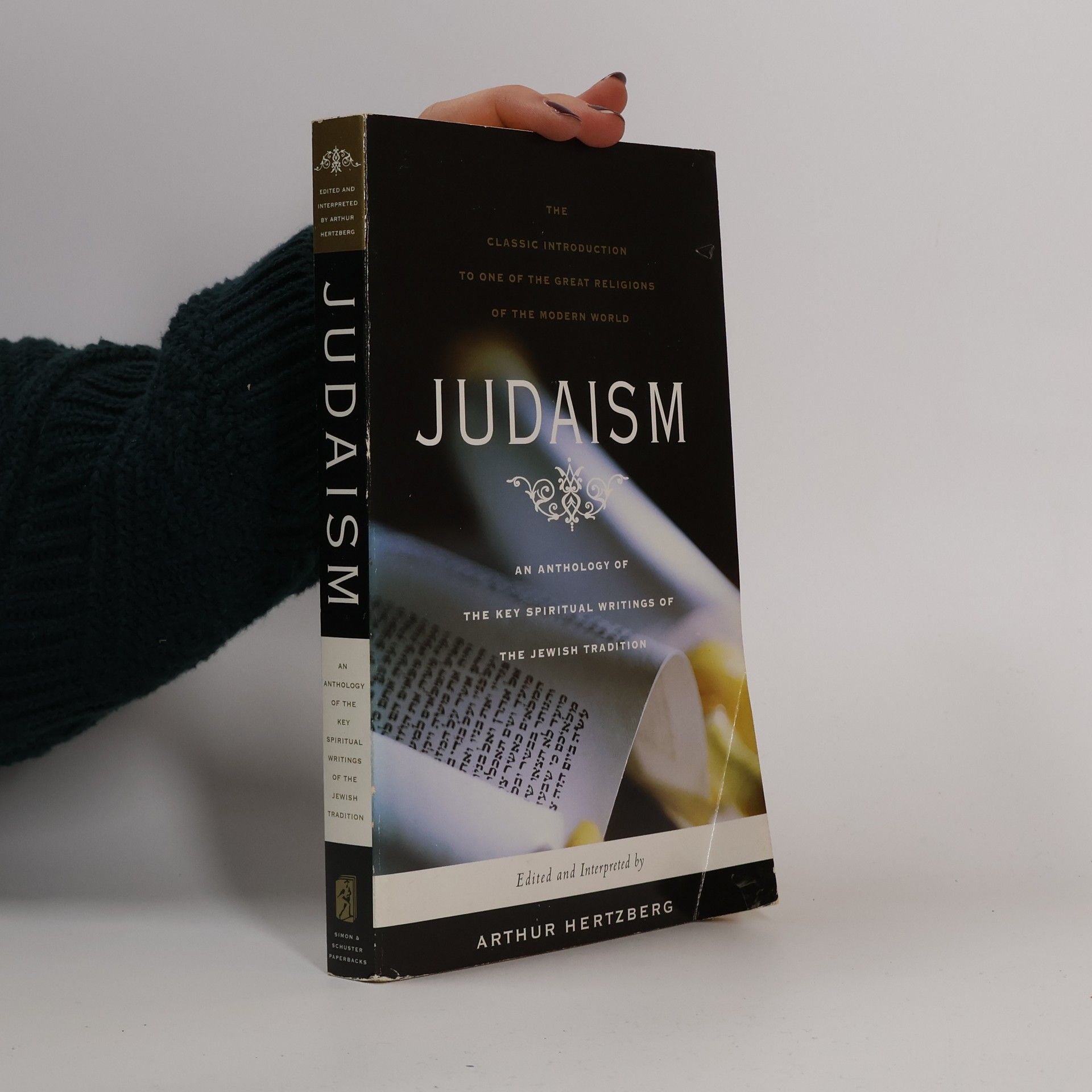

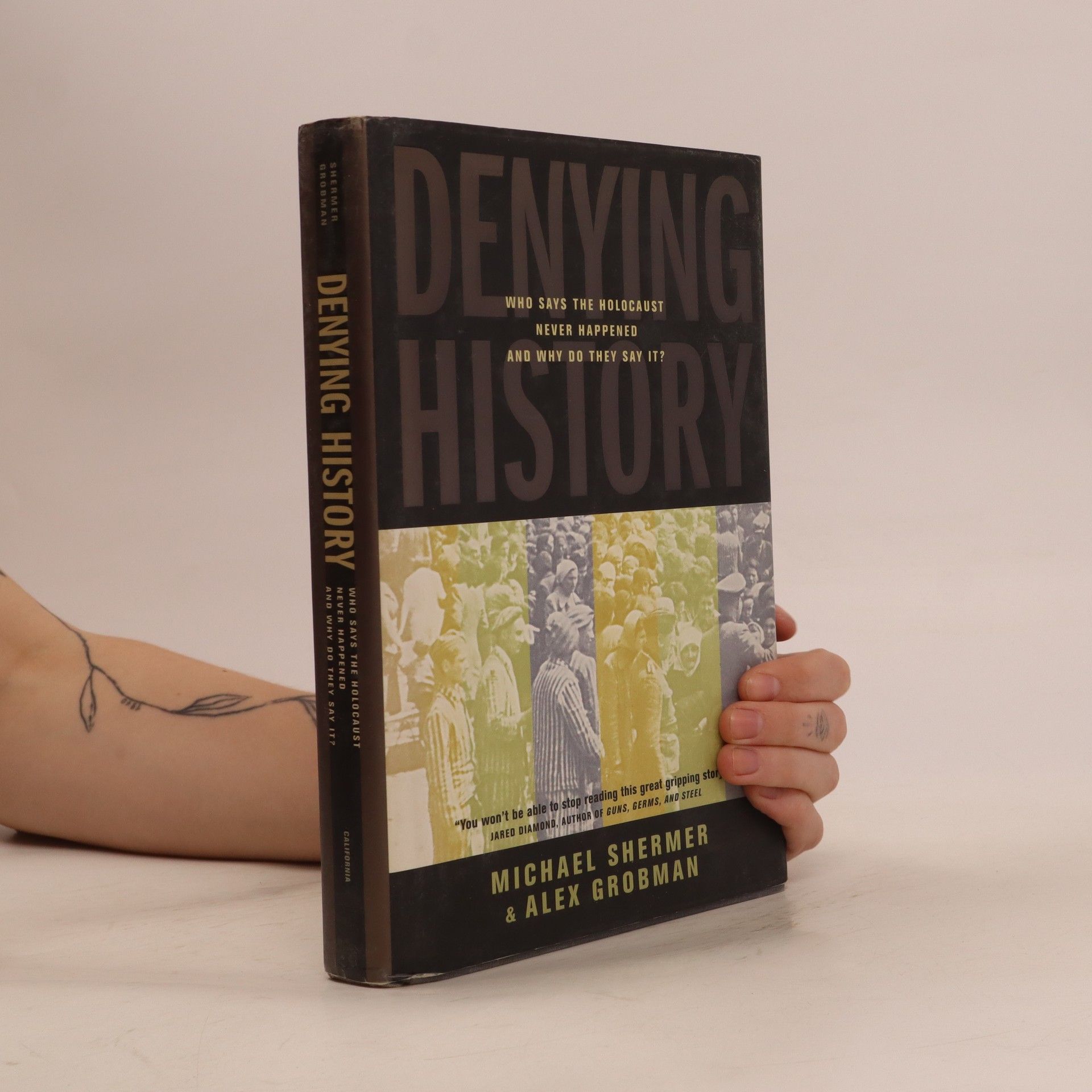
Il y a un quart de siècle, Karol Wojtyla était élu pape sous le nom de Jean-Paul II à l'âge de 58 ans. Très vite il attire l'attention du monde entier et devient, grâce à son charisme, un véritable personnage médiatique. Pourtant une partie du clergé méprise sa candeur, tandis que ses opinions anti-communistes irritent les dirigeants de l'Est. La tentative d'assassinat dont il est victime en 1981 lui vaut un surcroît de sympathie de la part de tous et le confirme dans l'idée qu'il bénéficie d'une protection divine. Jean-Paul II a su identifier les questions cruciales de notre époque et y répondre par les moyens de communication actuels, ralliant ainsi des sensibilités différentes. Cinq textes d'auteurs de renommée internationale côtoient 120 photos et mettent en lumière les ambiguïtés du personnage. Un portrait moderne et subtil de Jean-Paul II, le pape le plus populaire du XXe siècle.
The narrative follows a Jewish scholar and leader, exploring his life as a lens through which the broader Jewish experience of the past century is examined. It delves into themes of identity, resilience, and cultural heritage, highlighting significant historical events and personal struggles that shaped the Jewish community's journey. Through his experiences, the book offers insights into the challenges and triumphs faced by Jews over the years.
Wer ist Jude?
- 359 pages
- 13 hours of reading
Seit den Zeiten ihres Stammvaters vor etwa viertausend Jahren ist der Charakter des jüdischen Volkes im wesentlichen derselbe geblieben. Die Juden sind Abraham nachgefolgt, indem sie anders waren und auf ihrem Anderssein beharrten. Und dies, so deuten es die Autoren durchaus provokativ, beruht auf dem Selbstbewußtsein, erwählt zu sein, nicht als Anspruch auf Superiorität, sondern als Verpflichtung zu einer universellen Ethik. Als die Erfahrung, immer und überall ausgeschlossen zu sein und sich beständig gegen eine sozial und kulturell andersartige Umwelt neu bestimmen zu müssen. Das Buch ist ein Panorama. Es folgt der geschichtlichen Entwicklung, zeigt die großen Umbrüche und Konflikte in der jüdischen Geschichte und porträtiert bedeutende Gestalten von den Propheten und den Schriftgelehrten des Talmud bis zu den Schriftstellern, Künstlern, Wirtschaftsführern, Politikern und Gelehrten der Neuzeit und Moderne.
Arthur Hertzberg, jüdischer Religionswissenschaftler und ehemaliger Rabbiner, entwirft eine Charakteristik der jüdischen Gemeinschaft. Er beleuchtet das Selbstbewusstsein der Auserwähltheit, die Erfahrung des Ausschlusses sowie eine pluralistische Tradition, die zu einer sich ständig neu definierenden, kosmopolitischen Kultur führt.
Apart from disproving Holocaust denials, the authors lay a framework for examining how we know that any historical event actually happened.
Židia: povaha a charakter Židovského národa
- 372 pages
- 14 hours of reading
Židia sú zvláštny národ. Každá epocha sa nazdávala, že zaniknú, a predsa sú tu. V každej epoche ich bolo čoraz menej, a predsa pripadali veľkí sebe - i svojim nepriateľom. V každej epoche sa väčšina spoločnosti stavala odmietavo k viere a hodnotám, ktoré Židia vyznávali, a zväčša jej boli tŕňom v oku. V každej epoche bolo množstvo Židov zavraždených, prinútených konvertovať, alebo sa vzdali viery z vlastného popudu, no dosť sa ich rozhodlo znášať židovskú odlišnosť a pokračovať v ceste. Nikto nepochybuje o tom - dokonca ani ich nepriatelia - že v celých dejinách ľudstva sú Židia najtvorivejší z malých národov. Počínajúc biblickými prorokmi, cez rabínov Talmudu, stredovekých básnikov a filozofov až po novodobých spisovateľov, hudobníkov a vedcov, v duchovnej histórii ľudstva Židia hrali odjakživa dôležitú úlohu. Prečo je to tak, ostáva záhadou. Niektorí našli odpoveď v osude, ktorý Židom určil Boh. Iní ju našli v silnom nátlaku, ktorému ich takmer neprestajne vystavovali antisemiti. Autori ju našli v kontinuite židovskej povahy. Kniha Židia je pokusom o to, čo sa doteraz robilo nedbanlivo, zle a dokonca s nechuťou - je to pokus opísať všetky veci, ktoré sú pre Židov bežné.... celý text
Shalom, Amerika!
Die Geschichte der Juden in der Neuen Welt

